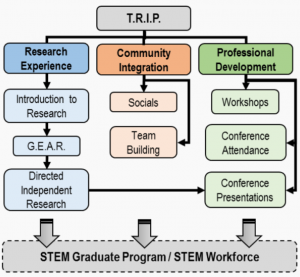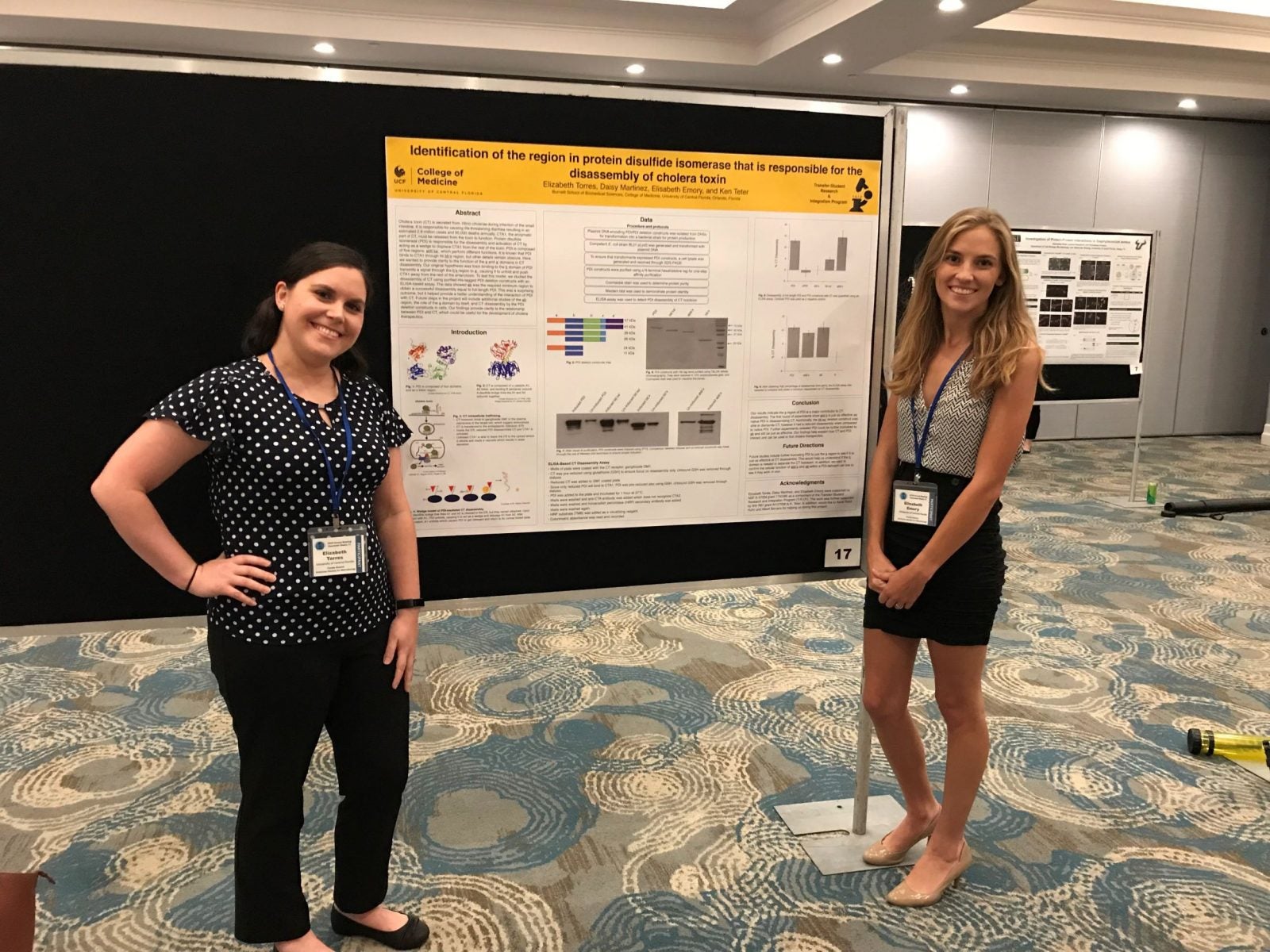Dr. Ken Fedorka
Personal Website
Work within Dr. Fedorka’s research group stretches across the fields of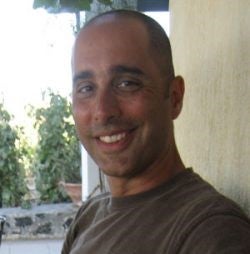 evolutionary biology and disease ecology. With regard to evolution, he addresses how complex phenotypes evolve, especially with regard uniparentally inherited genetic elements (e.g. Y-chromosomes), which can have unexpected influences on trait evolution. With regard to disease ecology and eco-immunology, he addresses how anthropogenic disturbances, such as climate change and pollution, can influence insect vector immunity and their capacity to transmit disease. Where these fields overlap is also of interest. For instance, he is interested in how anthropogenic disturbances will influence the future evolution of insect vector immune function and disease prevalence. These diverse questions have caused him to utilize multiple animal
evolutionary biology and disease ecology. With regard to evolution, he addresses how complex phenotypes evolve, especially with regard uniparentally inherited genetic elements (e.g. Y-chromosomes), which can have unexpected influences on trait evolution. With regard to disease ecology and eco-immunology, he addresses how anthropogenic disturbances, such as climate change and pollution, can influence insect vector immunity and their capacity to transmit disease. Where these fields overlap is also of interest. For instance, he is interested in how anthropogenic disturbances will influence the future evolution of insect vector immune function and disease prevalence. These diverse questions have caused him to utilize multiple animal
systems (including fruit flies, crickets, psyllids, and mosquitoes) and to draw
techniques from multiple scientific fields (including molecular biology,
quantitative genetics, and ecotoxicology).
Dr. Ken Teter
Research in the Teter Lab is focused on the cell biology of intoxication 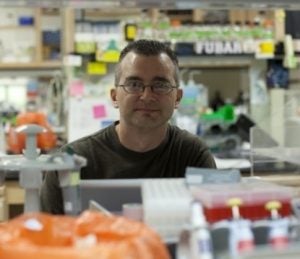 with AB-type protein toxins such as cholera toxin, Shiga toxin, and ricin. These toxins are originally present in the extracellular milieu, but they attack targets within the cytosol of the host cell. The toxins must therefore cross a membrane barrier in order to function. A long-term goal of the Teter Lab is to elucidate the cellular events that allow toxin translocation, or entry, into the host cell cytosol. If this process is understood at the molecular level, then rational therapies can be devised to block toxin translocation and, thus, productive intoxication.
with AB-type protein toxins such as cholera toxin, Shiga toxin, and ricin. These toxins are originally present in the extracellular milieu, but they attack targets within the cytosol of the host cell. The toxins must therefore cross a membrane barrier in order to function. A long-term goal of the Teter Lab is to elucidate the cellular events that allow toxin translocation, or entry, into the host cell cytosol. If this process is understood at the molecular level, then rational therapies can be devised to block toxin translocation and, thus, productive intoxication.
Dr. Kim Schneider
Dr. Schneider’s CV 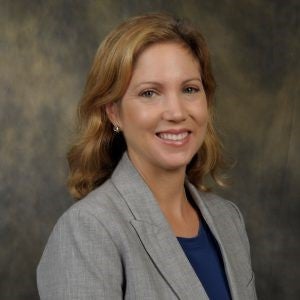
Kimberly Schneider is the founding director of the Office of Undergraduate Research and also serves as the Assistant Dean within the Division of Teaching and Learning. She has a B.S. from the University of Florida in Zoology and Ph.D. from the University of South Carolina in Biological Sciences. Her research interests are in marine ecology, science education, and high-impact educational learning practices. Dr. Schneider currently has three active grants focused on STEM engagement in undergraduate research through the National Science Foundation. Her full CV can be found in the link above.
Ian Biazzo
Ian’s CV
Ian is a PhD Candidate in the Conservation Biology program at UCF. His 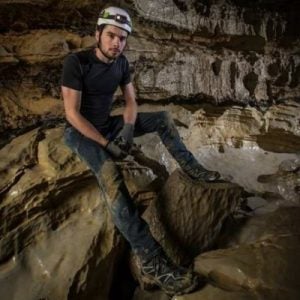 research interests are fire ecology, herpetology, cave ecology, ecological modeling, and ecological ethics; his dissertation explores effects of fire on amphibian populations in Central Florida. As a graduate student, he believes that students should take advantage of as many opportunities as possible at UCF. He previously worked as an expedition trip leader and now uses those wilderness skills in his field research, with hopes that he can influence more young researchers to safely explore beyond the beaten path. As a naturalist, he spends free time birding, hiking, rock climbing, SCUBA diving, and exploring caves – and would love to share these passions with others!
research interests are fire ecology, herpetology, cave ecology, ecological modeling, and ecological ethics; his dissertation explores effects of fire on amphibian populations in Central Florida. As a graduate student, he believes that students should take advantage of as many opportunities as possible at UCF. He previously worked as an expedition trip leader and now uses those wilderness skills in his field research, with hopes that he can influence more young researchers to safely explore beyond the beaten path. As a naturalist, he spends free time birding, hiking, rock climbing, SCUBA diving, and exploring caves – and would love to share these passions with others!

